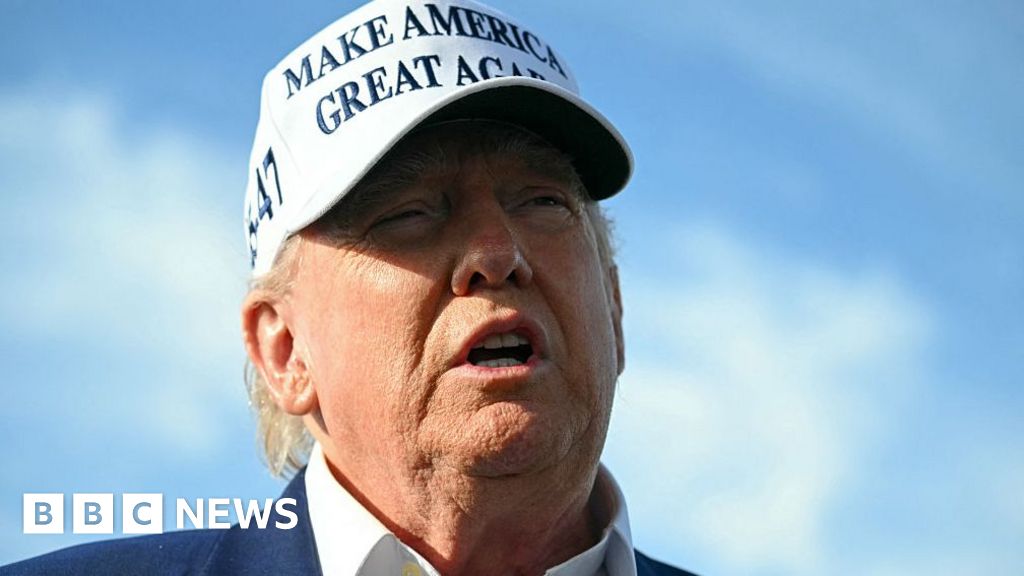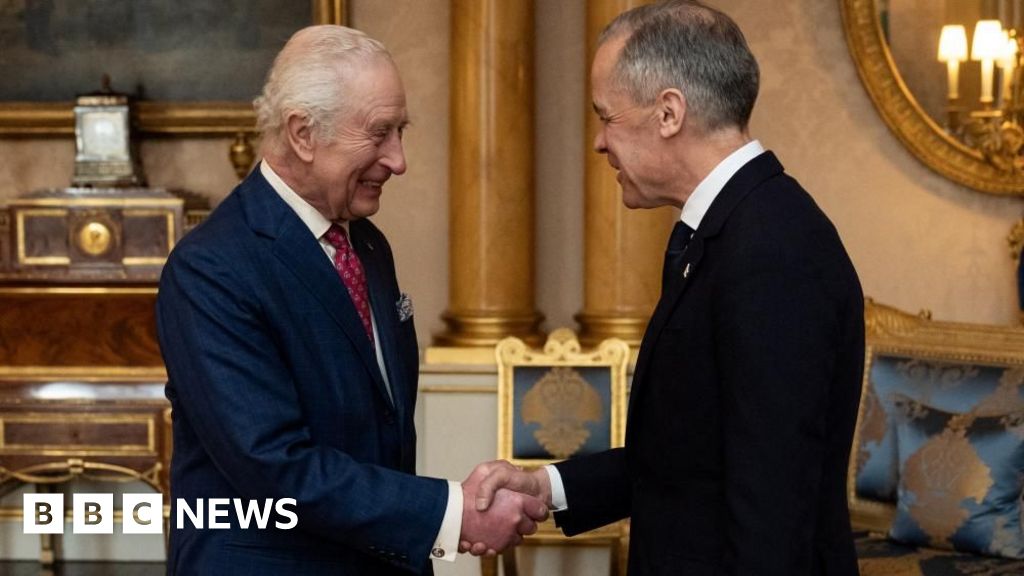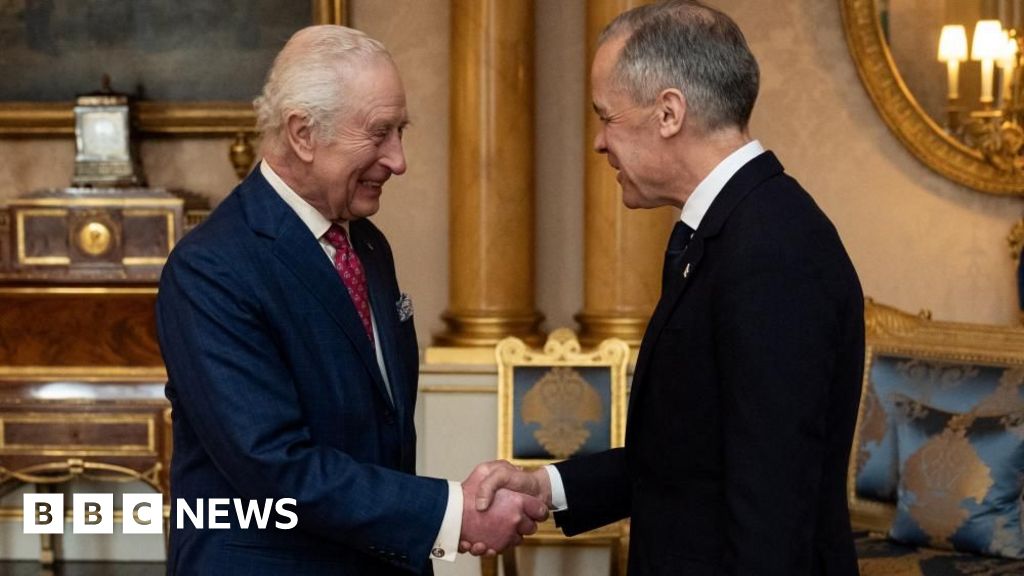ARTICLE AD BOX
The UK is hosting a summit aimed at bringing climate change under control.
The meeting, in Glasgow until 12 November, could change our everyday lives.
What is COP26 and why is it happening?
The world is warming because of emissions from fossil fuels used by humans, like coal, oil and gas.
Extreme weather events linked to climate change - including heatwaves, floods and forest fires - are intensifying. The past decade was the warmest on record and governments agree urgent collective action is needed.
For this conference - called COP26 - 200 countries have been asked for their plans to cut emissions by 2030.
They all agreed in 2015 to make changes to keep global warming "well below" 2C - and to try aim for 1.5C - so that we avoid a climate catastrophe.
This is what's known as the Paris Agreement. It means countries have to keep cutting emissions until reaching net zero in 2050.
What has been agreed at COP26?
Many countries set out plans to reduce emissions before the summit, but there has been a flurry of new announcements:
Who is at COP26?
Up to 25,000 people are expected in Glasgow, including world leaders, negotiators and journalists.
Thousands of businesses and campaigners also go to attend events and hold protests.
What are the sticking points likely to be?
Expect a lot of talk about money and climate justice. Developing countries tend to pollute less per head of population and are not responsible for most emissions in the past.
But they experience some of the worst effects of climate change.
Image source, Getty Images
They need money to help reduce emissions and cope with climate change. It could mean more solar panels in countries that depend on energy from coal and flood defence systems.
There will also be a battle over compensation for developing countries affected by climate change.
In 2009, wealthy countries pledged $100bn (£720m) a year to help poorer nations by 2020. However, this goal has still not been met and could slip to 2023.
China's commitments at COP26 are also very important. It's the world's biggest polluter, so it matters that President Xi hasn't come in person or backed the plan to reduce the use of coal.
You will hear a lot of jargon:
- COP26: COP stands for Conference of the Parties. Established by the UN, COP1 took place in 1995 - this will be the 26th
- Paris accord: The Paris Agreement united all the world's nations - for the first time - in a single agreement on tackling global warming and cutting greenhouse-gas emissions
- IPCC: The Intergovernmental Panel on Climate Change examines the latest research into climate change
- 1.5C: Keeping the rise in global average temperature below 1.5C - compared with pre-industrial times - will avoid the worst impacts of climate change, scientists say
How will we know COP26 is a success?
As host, the UK wants all participants to recommit to net zero emissions by 2050 - as well as big reductions by 2030.
It will also want more specific pledges, like those already agreed on deforestation and methane.
Developing countries will want a significant financial package over the next five years, to help them adapt to rising temperatures.
Anything short of this is likely to be judged inadequate because there simply isn't more time to keep the 1.5C goal alive.
However, some scientists believe world leaders have left it too late and no matter what is agreed at COP26, 1.5C will not be achieved.
Top image from Getty Images. Climate stripes visualisation courtesy of Prof Ed Hawkins and University of Reading.
Do you have any questions about the forthcoming COP26 global climate conference in Glasgow?
In some cases your question will be published, displaying your name, age and location as you provide it, unless you state otherwise. Your contact details will never be published. Please ensure you have read our terms & conditions and privacy policy.
Use this form to ask your question:
If you are reading this page and can't see the form you will need to visit the mobile version of the BBC website to submit your question or send them via email to YourQuestions@bbc.co.uk. Please include your name, age and location with any question you send in.

 3 years ago
111
3 years ago
111








 English (US) ·
English (US) ·